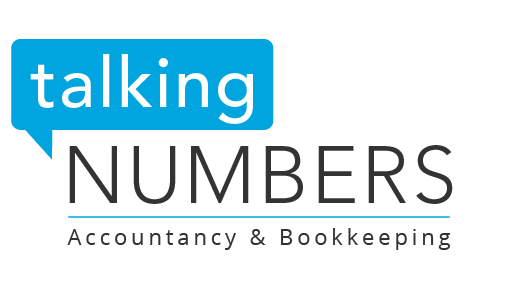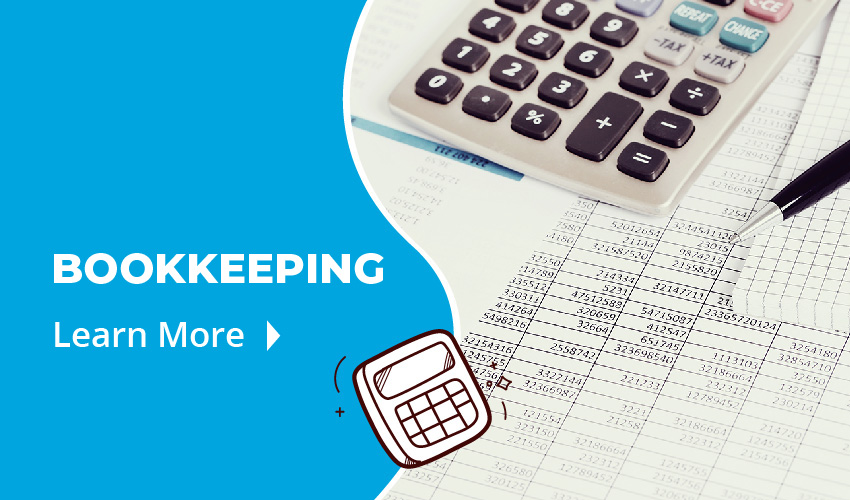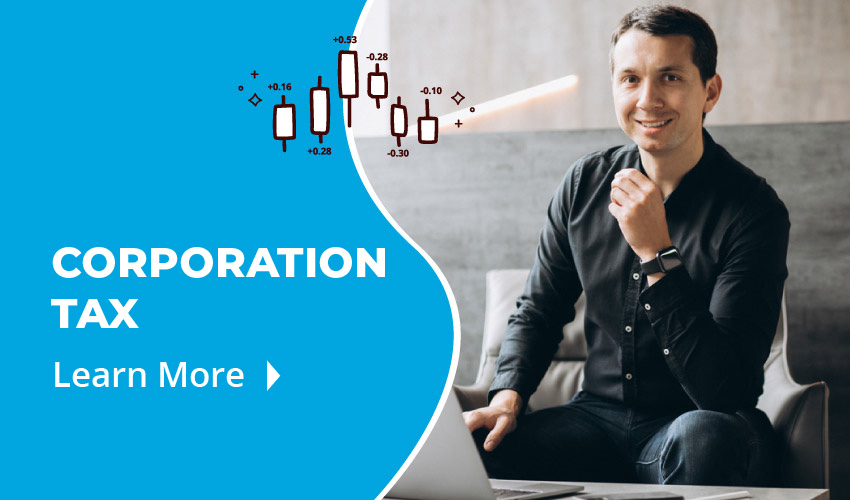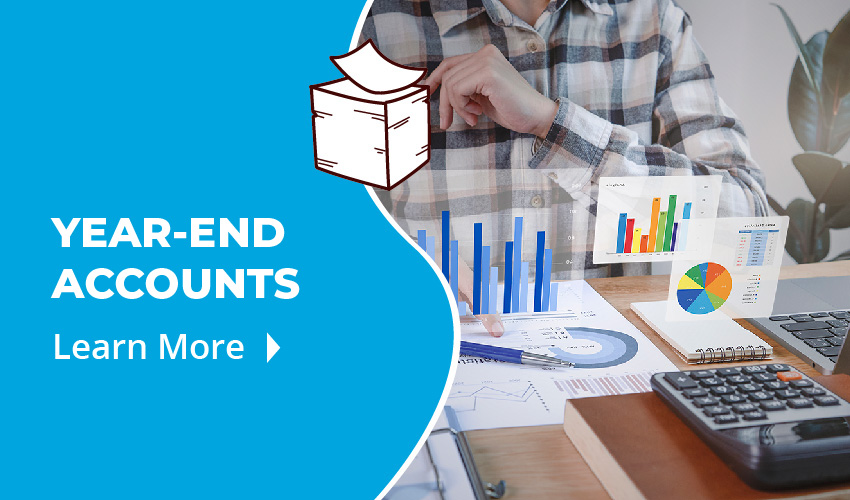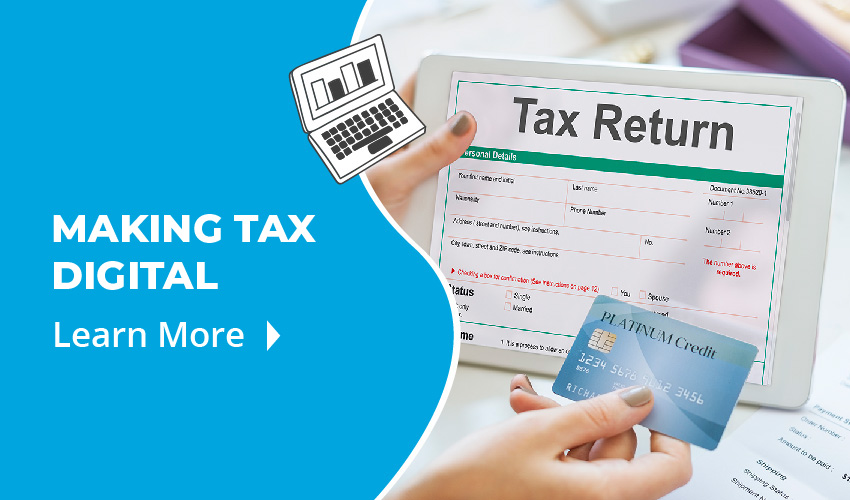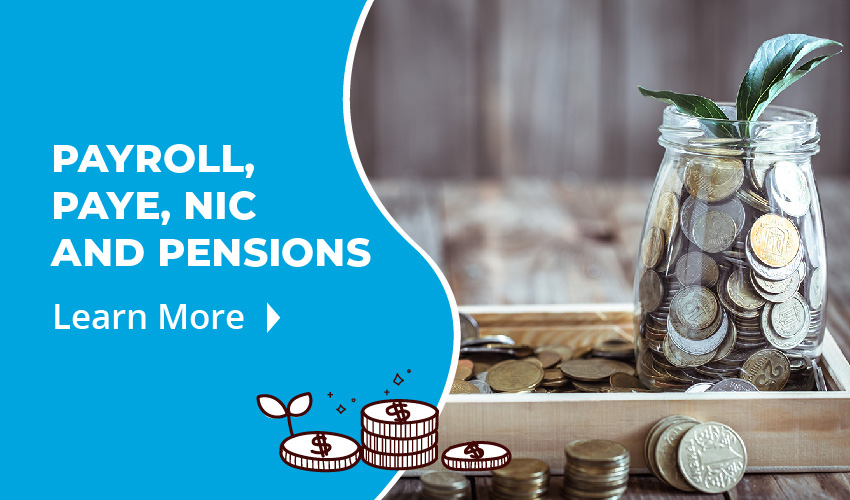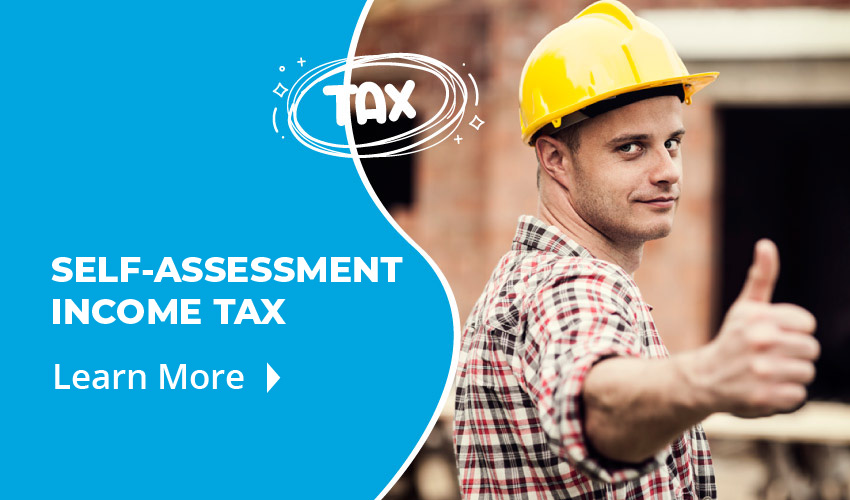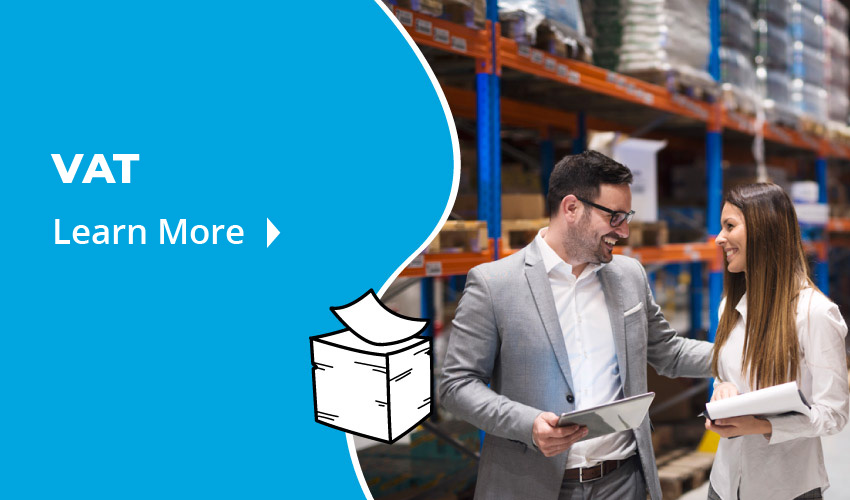When it comes to submitting your tax return, it sometimes seems easier to put it off until the last minute, but it pays to submit your self-assessment tax return as early as you can. Read on to find out why.
As someone who is self-employed, a sole trader or a landlord, you must submit your tax return to HMRC by 31 January following the end of the tax year. This means that for the year from 6 April 2022 to 5 April 2023, your tax return will be due by midnight on 31 January 2024. This seems like plenty of time and it’s easy to put it off until the end of the year.
There are some really important benefits to submitting your return early.
Submitting early doesn’t mean paying early!
Importantly, you don’t need to pay the tax that you owe when you submit your return. Even if you submit your tax return on 6 April 2023, you still have until 31 January 2024 to pay any tax that you owe. This means that you will receive a statement showing how much you owe, and you can plan and budget so that you are in a position to make a payment on time and avoid any costly interest or penalties.
Work out how much you owe
The sooner you submit your tax returns, the sooner you can stop worrying about how much you might owe. Until your accounts have been completed and your tax return prepared, you have no way to know how much tax, if any, you will owe, and this can be stressful.
Payments on account are advance payments of your self-assessment tax bill and are due on 31 January and 31 July each year, if you meet certain conditions. If you submit your return early, then you might find that you don’t need to make the second (31 July) payment on account as you could have already pre-paid the tax that you owe. This can help to free up your cashflow for the second half of the year.
Claim a tax refund
You should always be wary of scammers offering you a refund from HMRC, or offering to submit your return on your behalf and maximise your refund. You will only receive a tax refund from HMRC if you have paid tax in advance, for example through PAYE, or from Construction Industry Scheme deductions, or even payments on account as mentioned above. Ultimately though, you won’t receive any refund that you are due unless you submit your tax return, so the sooner the better.
It’s not just about the tax return!
When you are running a small business, it’s often easy to neglect your numbers and financial information. Often, the accounts that are prepared to help compile your tax return can provide valuable insight and information into how your business is performing. The longer you leave this, the less valuable this information is.
Peace of mind
Finally, submitting your tax return now means that you don’t have to worry about it for at least another year. It’s one job ticked off the list and you can spend your time focussing on running your business.
Talking Numbers Accountancy and Bookkeeping are well-equipped to help you with your annual accounts and tax returns. We can guide you through the process from monthly bookkeeping, payroll and VAT returns to full management accounts or compliance work. Get in touch today for a free, no-obligation consultation.
Please note that the content of this post is intended for information only and is not to be taken as financial advice. Talking Numbers Ltd will not be held responsible for any action or lack of action taken as a result of the information provided in this post.
Talking Numbers Accountancy and Bookkeeping can help to take the stress out of running your payroll. We offer competitive, transparent pricing for weekly, monthly and four-weekly payrolls, meaning that you can spend time focusing on running your business. We can take care of tax codes, earnings orders, holiday pay, pension duties and all the other tasks that come with running a payroll. Get in touch today for a free, no-obligation consultation.
